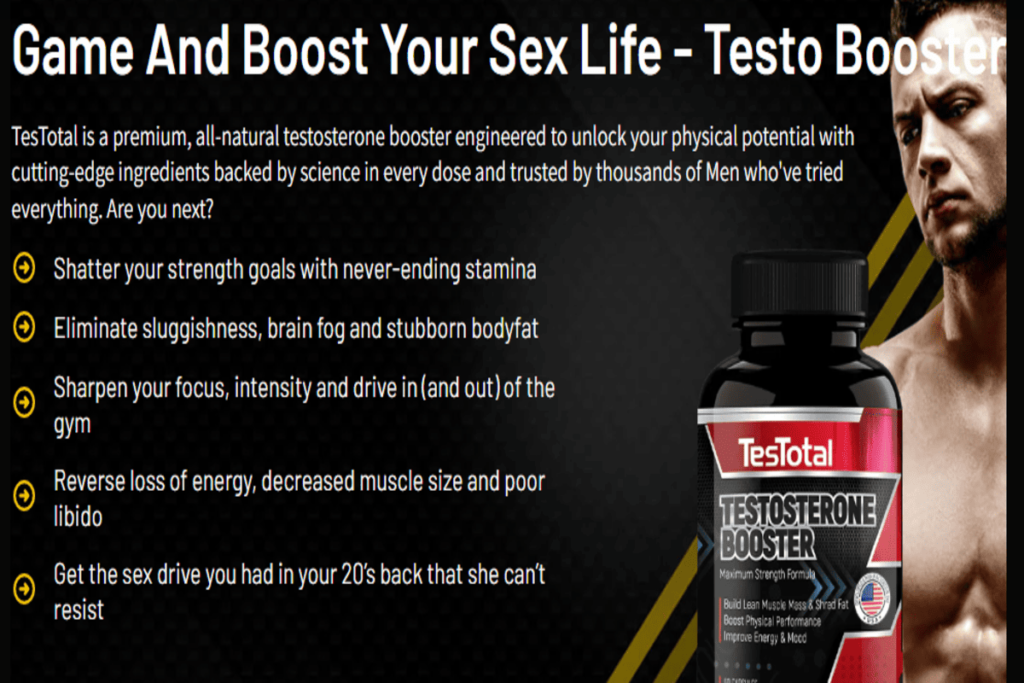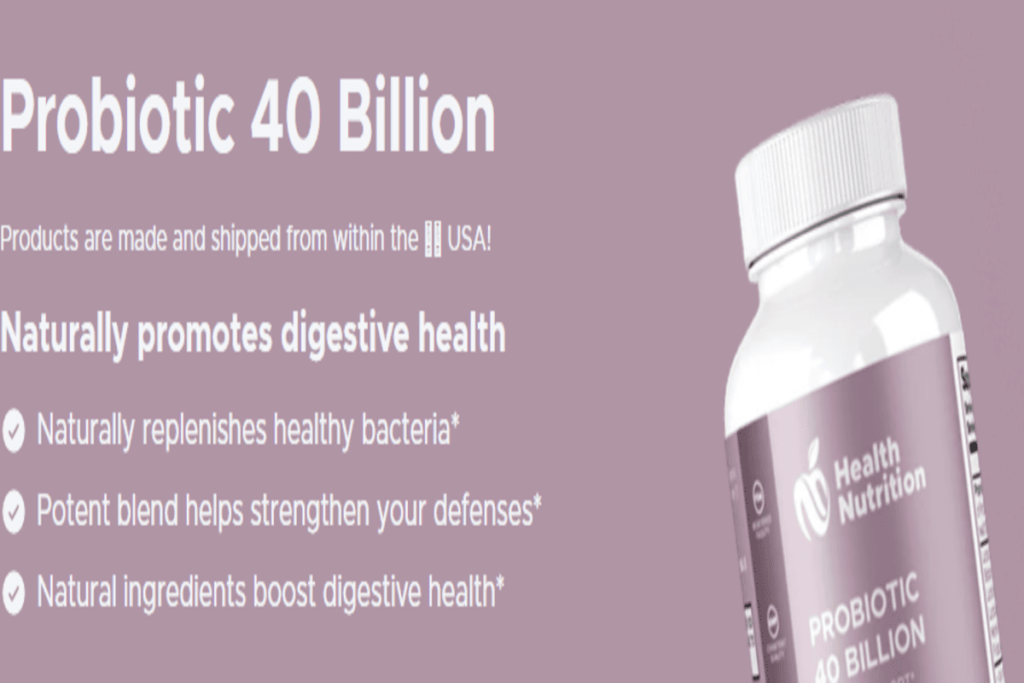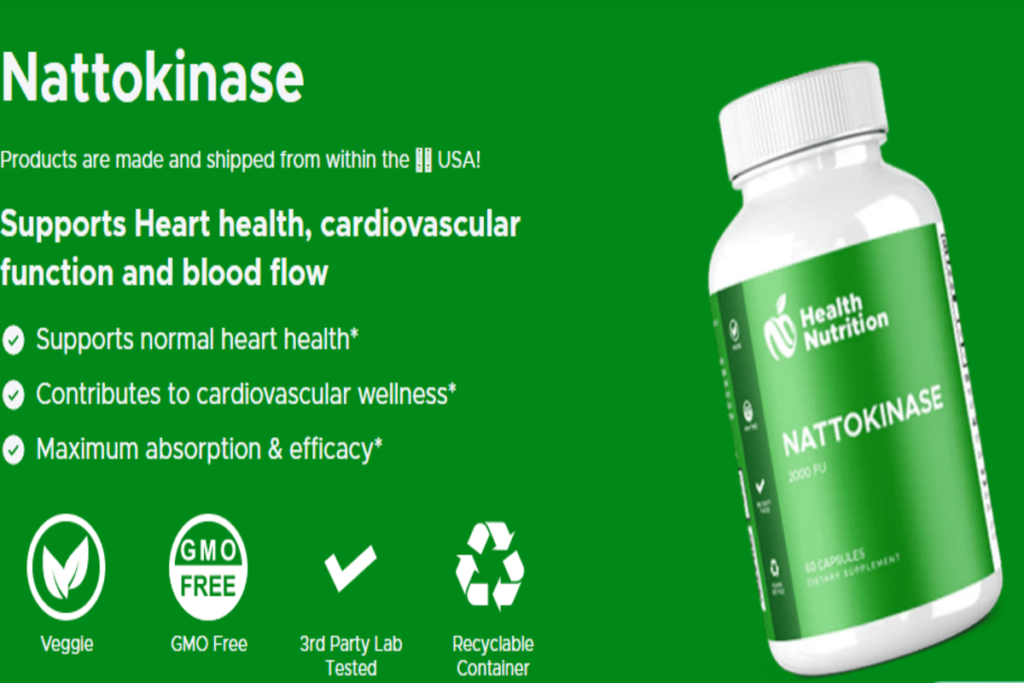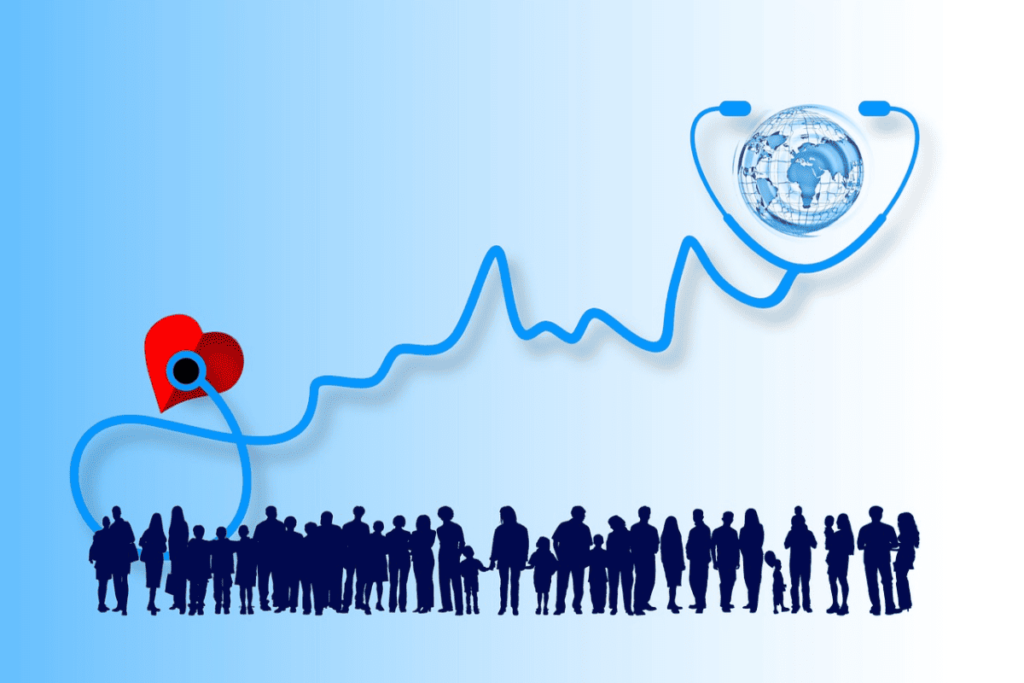A root with many health benefits, ginger is strong and adaptable. It has been used in traditional medicine for millennia to cure a variety of illnesses and enhance general health. Rich in bioactive substances such as gingerol, it has strong anti-inflammatory and antioxidant qualities. Regular ginger consumption can improve immunity, facilitate digestion, and lower the chance of developing chronic illnesses. Ginger is still one of the most well-known herbal treatments, whether it is used fresh, dried, powdered, or as an oil.Its advantages for brain function, weight control, and cardiovascular health are still being discovered by scientists. Ginger is also a natural treatment for muscle aches, menstrual cramps, and nausea. Ginger is an essential component of any diet if you’re searching for a natural strategy to improve your health. Find out more about the advantages of ginger and how to include it in your everyday routine. Why Ginger is Good for You: Science-Backed Health Benefits? For generations, traditional medicine has prized ginger (Zingiber officinale), a common spice and medicinal herb, for its healing qualities. Many of its traditional applications are now supported by contemporary research, which has identified a multitude of bioactive substances, including zingerone, shogaols, and gingerols, that enhance its health advantages. Ginger has been shown in studies to be useful in lowering inflammation, preventing oxidative stress, and easing nausea. Clinical investigations also demonstrate its promise for treating diseases like diabetes, arthritis, and side effects from chemotherapy.In addition to its antiemetic and anti-inflammatory qualities, ginger may help prevent cancer and improve digestive and cardiovascular health. Ginger is becoming more and more acknowledged as a natural medicine with several health benefits as a result of growing scientific support. This article examines the benefits of ginger that have been supported by research, illuminating how it might enhance general well-being.( Sources ). What Is Ginger? Ginger (Zingiber officinale) is a tropical flowering plant known for its fragrant, spicy rhizome, commonly used as a culinary spice and herbal remedy. Native to Southeast Asia, it has been valued in traditional medicine for thousands of years. The root has a bold, peppery flavor with a hint of sweetness, making it a versatile ingredient in both savory and sweet dishes. Ginger is rich in gingerol, a bioactive compound with powerful anti-inflammatory and antioxidant properties. It supports digestion, boosts immunity, and helps alleviate nausea. Available in various forms—fresh, dried, powdered, pickled, or as an oil—ginger is widely used in teas, stir-fries, soups, and even desserts. Beyond the kitchen, ginger is praised for its medicinal benefits, from easing muscle pain to supporting heart health. Whether for flavor or wellness, ginger remains one of nature’s most potent and beneficial ingredients. Ginger and Your Health: 20+ Proven Benefits You Need to Know Antiemetic Ginger is well known for its ability to relieve nausea and vomiting, making it a natural remedy for motion sickness, morning sickness during pregnancy, and chemotherapy-induced nausea. Diabetes Studies suggest that ginger can help lower blood sugar levels and improve insulin sensitivity, making it beneficial for people with diabetes. Anti-inflammatory Ginger’s anti-inflammatory properties help reduce pain and swelling, particularly for individuals suffering from arthritis and other inflammatory conditions. Cancer Research indicates that ginger may help prevent certain types of cancer by inhibiting the growth of cancerous cells and reducing oxidative stress. Relieves Menstrual Cramps Ginger has been found to be as effective as some painkillers in alleviating menstrual pain. Cholesterol Ginger can help lower bad cholesterol (LDL) levels, reducing the risk of heart disease. Digestion It enhances digestion by promoting gastric motility, preventing bloating, and easing constipation. Eases Pain Ginger acts as a natural pain reliever for headaches, muscle pain, and joint discomfort. Cardiovascular Disease By improving blood circulation and reducing inflammation, ginger supports heart health and lowers the risk of cardiovascular diseases. Weight Loss Ginger boosts metabolism and suppresses appetite, aiding in weight management. Eases Arthritis Symptoms Ginger extract can reduce symptoms of osteoarthritis and rheumatoid arthritis. Boosts Brain Health It has neuroprotective properties that may help prevent Alzheimer’s disease and improve cognitive function. Improves Immunity Ginger enhances the immune system, helping the body fight infections and illnesses. Improves Indigestion Ginger speeds up stomach emptying, reducing indigestion and discomfort after eating. Manage Blood Pressure Ginger can lower blood pressure levels, making it beneficial for hypertensive individuals. Antioxidant Rich in antioxidants, ginger combats oxidative stress and protects the body from free radicals. Fighting Infections Ginger’s antimicrobial properties help prevent infections and strengthen the immune response. Ginger for a Workout It reduces muscle pain and inflammation, aiding post-exercise recovery. Helps Sore Muscles Ginger has been shown to decrease muscle soreness after intense physical activity. Anti-Flatulence It helps reduce gas and bloating, improving gut health. Ginger to Lower Cholesterol Regular consumption helps maintain healthy cholesterol levels. May Relieve Nausea Ginger is one of the most effective natural remedies for nausea, especially in pregnant women. Cold and Flu Remedy It helps clear congestion and provides relief from colds and flu symptoms. Ginger for Migraines Studies suggest that ginger may help reduce the severity and frequency of migraines. The Health-Boosting Benefits of Ginger Tea & How to Use It Ginger tea is a soothing, natural remedy packed with powerful health benefits. Known for its ability to aid digestion, reduce inflammation, and boost immunity, this warm beverage is an easy way to incorporate ginger into your daily routine. Unlike sugary ginger ale, ginger tea delivers pure benefits without excessive added sugars. It helps relieve nausea, supports heart health, and provides a comforting, warming effect, especially during colder months. To maximize its benefits, avoid adding too much sugar or flavored creamers—opt for honey or unsweetened milk instead. Ginger tea is simple to prepare and can be enjoyed hot or cold, making it a versatile drink. Whether you’re looking to soothe an upset stomach, support weight loss, or strengthen your immune system, ginger tea is a delicious and effective option. Start sipping today and experience its healing effects firsthand! ☕✨ Ideas for Eating More Ginger Add fresh ginger to smoothies and juices. Use it










